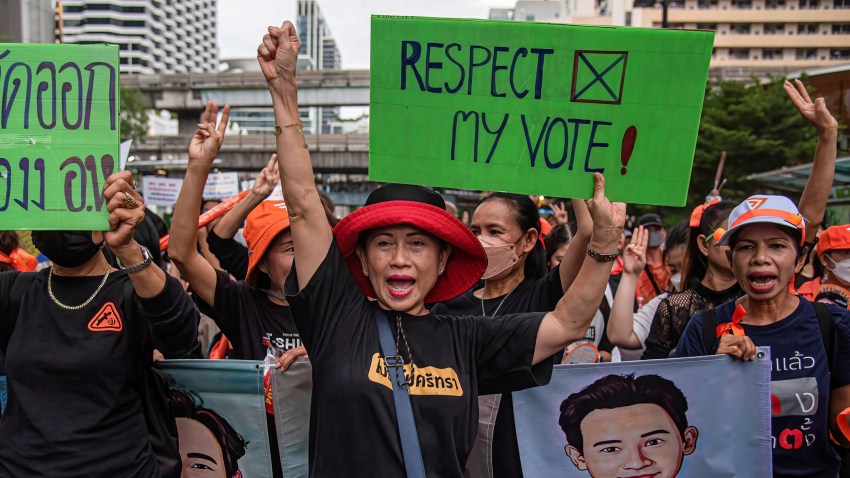Just when it seemed that the state of democracy in Southeast Asia, already in dire shape, could not get worse, it did. In the past month alone, increasingly autocratic Cambodia staged a sham election in which the main opposition party was banned and the ruling party of longtime Prime Minister Hun Sen took nearly every seat. In Thailand, where the progressive Move Forward party won a plurality of seats in May elections, military-aligned parties and royalist forces have used every tool possible to block its leader, Pita Limjaroenrat, from being named prime minister. Meanwhile, Myanmar’s junta keeps promising and postponing their own sure-to-be sham elections, while engaged in a civil war that has seen its armed forces intensify their massive rights abuses. These are but a few examples of how democracy is going from bad to worse across Southeast Asia.
In the 1990s and early 2000s, the region seemed to offer a model for democratization for other developing countries. Today, Southeast Asia is a long way from that promising period, with Timor-Leste the only fully free democracy according to Freedom House’s rankings, despite its poverty and isolation.
Back then, Indonesia was embarking on a dramatic experiment with decentralization, designed to broaden democracy after the fall of longtime dictator Suharto. Thailand was classified by Freedom House as a fully free democracy. The Philippines’ democracy remained strong in the wake of its 1980s “People Power” movement that toppled the dictatorship of Ferdinand Marcos. And countries from Malaysia to Cambodia were making strides toward greater freedom. Within the next decade, newly independent Timor-Leste and then Myanmar would join them.

